Any nutritionally conscious person has undoubtedly heard the term “superfood” and would understand the important role they play in the human diet. Superfoods are nutritional powerhouses that pack large doses of antioxidants, polyphenols, vitamins and minerals.
It is said that eating them may reduce the risk of chronic disease and can prolong life in humans, but what about dogs? Can superfoods in your dog’s diet reap the same benefits they can in yours?
Absolutely. Whether you’ve got a new pup, a pooch prone to allergies or a senior in their golden years, feeding your dog fresh, nutritional superfoods will keep your furry friend healthy on the inside and out.
At their most effective, these superfoods are combined with a healthy, whole food diet that consists of home cooked, raw or fresh food rather than processed. But even if you do choose to feed your dog straight from a tin, these twelve superfoods are sure to give them an extra spring in his step.
Kale
Kale is a supercharged leafy vegetable that contains an abundant amount of vitamins, including A, E, and C. Kale is a great source of antioxidants and helps the liver detoxify the body. It also offers anti-inflammatory properties and helps fight off heart disease. Most dogs enjoy kale thinly chopped and sauteed or cooked, however avoid kale in pets with certain types of bladder stones or kidney disease.
Carrots
Packed with vitamins A, K, and C and loaded with fiber, potassium, magnesium and carotenoids, carrots pack a powerful antioxidant punch. Carrots help a dog’s vision, heart, and blood sugar levels and with the added bonus of B vitamins, carrots make a great energy provider. A snack that’s naturally sweet and crunchy, dogs are happy to munch on them raw or cooked and you can even try slicing and freezing thin carrot for a cold treat on hot days.
Quinoa
Once known as the “Gold of the Incas”, the ancient grain quinoa is today one of the most loved health foods. One of the few sources of complete vegetable proteins, quinoa is associated with preventing heart disease, diabetes and cancer. Boiled for approximately 15 minutes, quinoa can be added to a variety of dog meals and makes an excellent rice and grain substitute for dogs with allergies.
Pumpkin
Low in calories and high in soluble fiber, pumpkin helps maintain a healthy digestive tract. It’s low in sodium and exceptionally high in carotenoids, potassium, and vitamin C and K (needed for blood clotting) and also offers some calcium and B vitamins for healthy bones and energy. Pure pureed pumpkin can be found in most supermarkets and is a great addition to home-prepared dog meals.
Seaweed/Nori
While normally associated with sushi, seaweed makes an excellent food for dogs as it contains protein, galactans (a soluble fibre), vitamins C, E and all the Bs, and minerals such as zinc and copper. It also contains some lesser-known sterols and chlorophyll, which have been investigated for their effects on regulating metabolism, immune function and anti-tumor response. Kelp is the most nutritious seaweed for dogs and available in powdered form, it can easily be added to your dog’s diet.
Beans
Black beans, soy beans and garbanzo beans are all superfoods that most dogs love. Beans help provide natural fibres to help regulate blood sugar levels, one of the leading causes of insulin-resistance and diabetes in dogs. In addition, these rich sources of proteins and minerals boost your pet’s immune system and can help burn fat.
Blueberries
Blueberries are available all year and whether fresh or frozen, blueberries make excellent, training treats for your furry friend. Loaded with phytochemicals, their deep blue hue is the result of anthocyanidins, powerful antioxidants that will help your dog stay healthy in many ways. Blueberries are also a good source of healthy fibre, manganese, and vitamins C and E. Just be careful when introducing them to your dog, however, as too many at once could cause an upset tummy.
Broccoli
Broccoli supports detoxification processes in your dog’s body and contains healthy fibre that aids digestion. It’s rich in potassium, calcium, protein and vitamin C, and offers anti-inflammatory properties, supports eye and heart health, and helps prepare skin damage. Most dogs are happy to eat broccoli raw or cooked, and chopped broccoli stems make excellent detox snacks.
Coconut oil
The good fats in coconut oil mimic the properties of antioxidants and boost vitamin E, needed for good tissue health and shiny dog coats. Coconut oil is a great oil substitute when cooking for your pooch at home, and when melted, can be used to dilute some foods.
Chia
Chia is a seed derived from the desert plant Salvia hispanica, which grows abundantly in southern Mexico. A source of plant-based omega-3 fatty acids, chia also provides fibre, calcium, phosphorus, magnesium, manganese, copper, iron, molybdenum, niacin and zinc. Try sprinkling some chia seeds on your dog’s dinner, or mix some with a little coconut oil for a super nutrient-dense bedtime snack.
Goji berries
Goji berries are typically sold dried and resemble red raisins. Rich in amino acids, carotenoids and other antioxidants, goji berries are said to help prevent the growth of cancer cells, reduce blood glucose, and lower cholesterol levels. Because of their size, they also make fabulous training rewards in place of processed dog treats.
Fish
Oily fish such as herring, salmon, sardines, mackerel and anchovies are bursting with omega-3 fatty acids, needed for the skin, coat and brain. A great protein source with many essential vitamins and minerals, fish has the added bonus of anti-inflammatory properties, excellent for limiting inflammatory processes that cause arthritic pain and other chronic canine conditions.

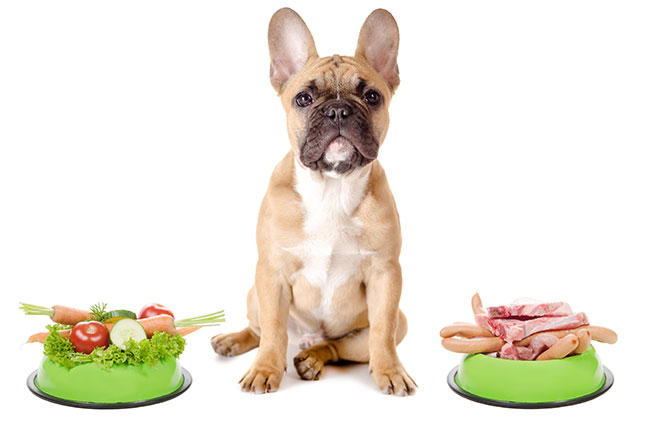
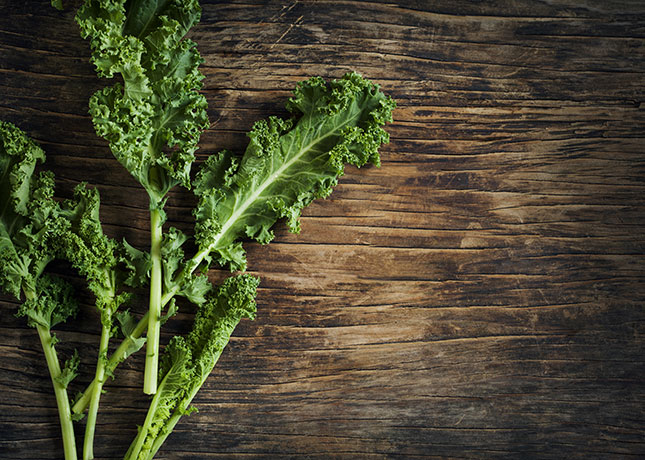
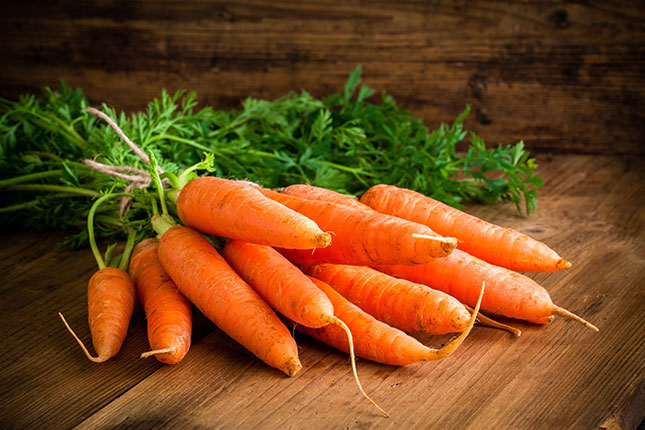
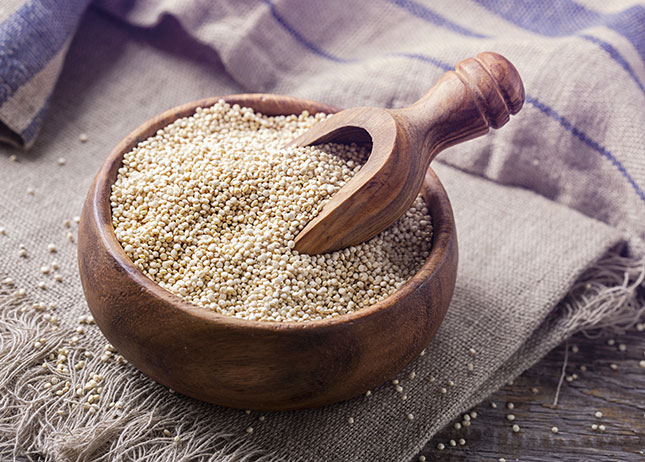
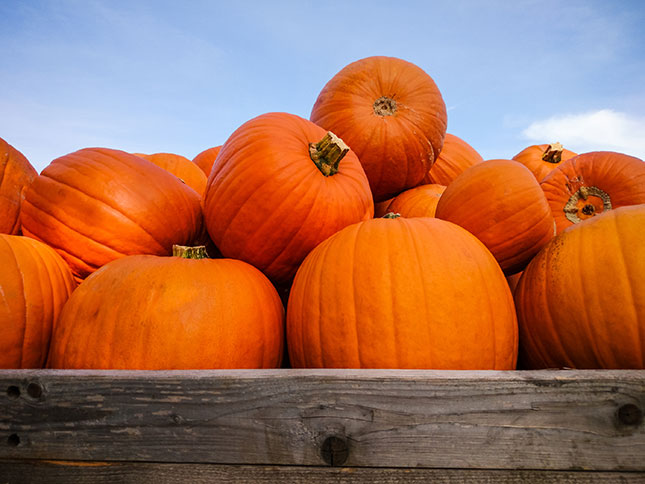
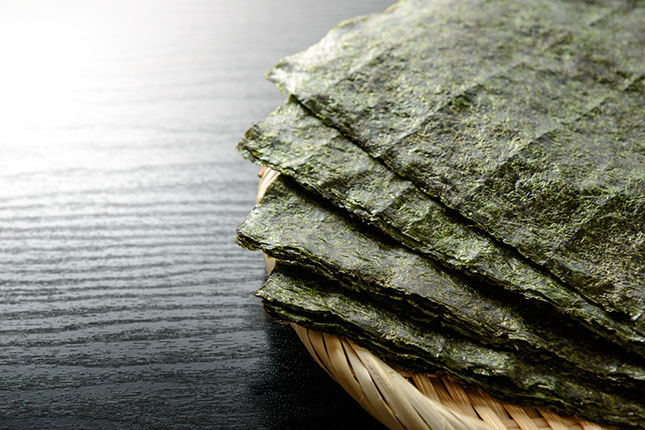
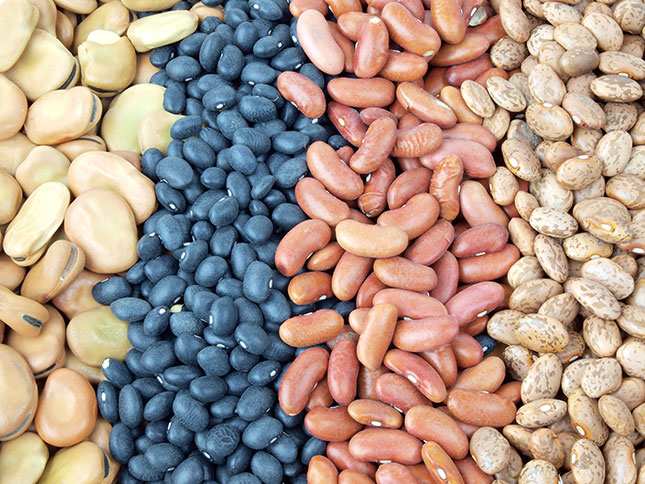
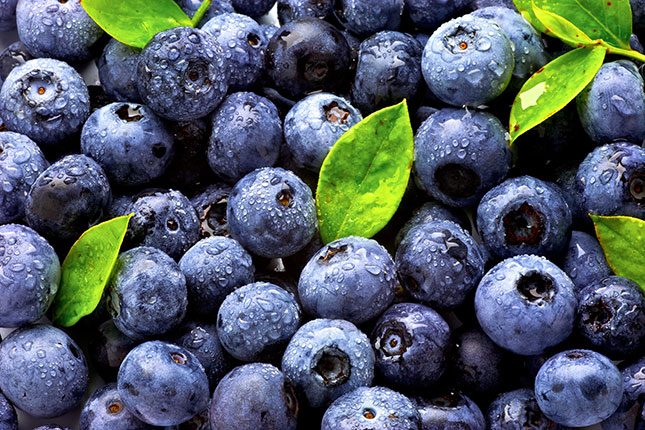
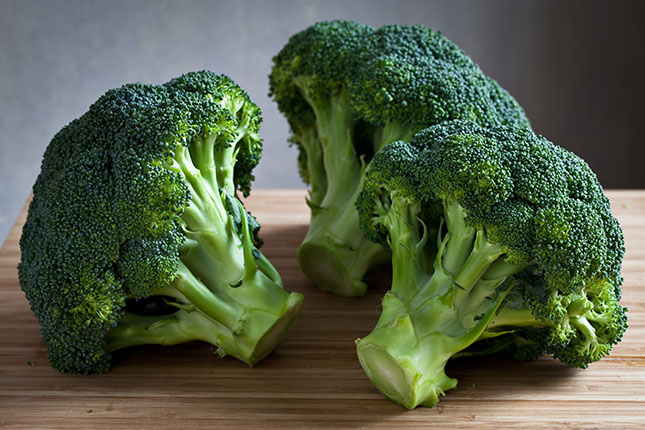
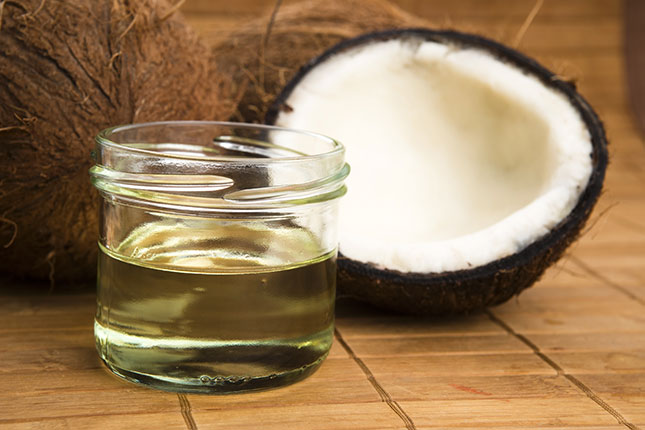
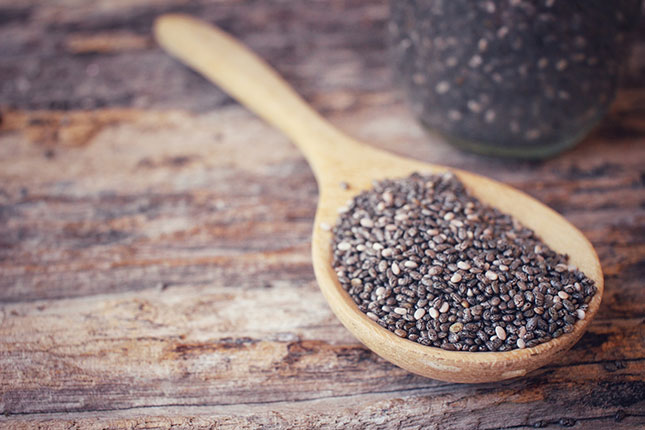
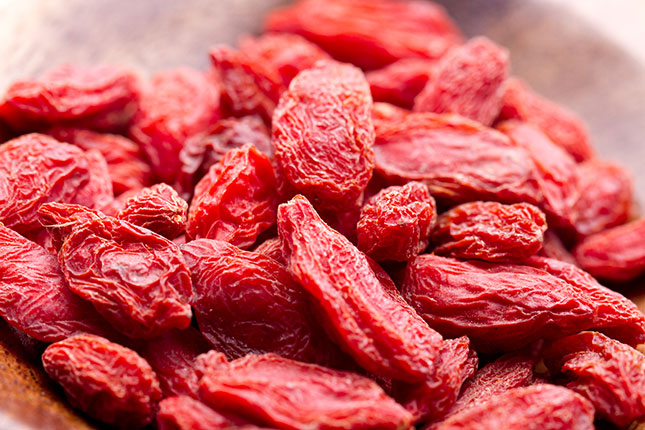
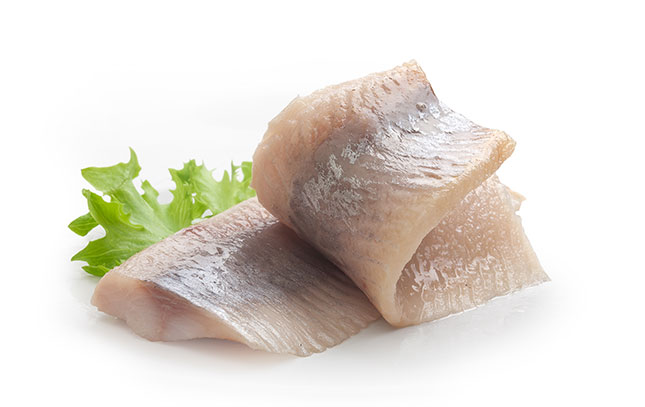





Leave A Comment